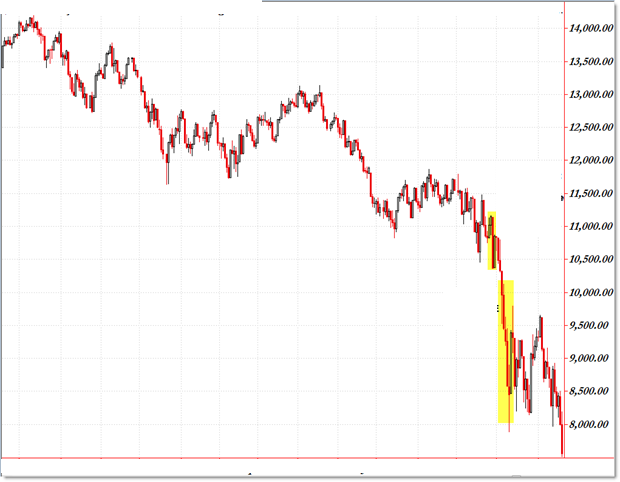Higher than at previous NBER peak (2020M02):
On Debt Default
Full quote of Donald Trump regarding default (CNBC):
“Well, you might as well do it now because you’ll do it later because we have to save this country. Our country is dying. Our country is being destroyed by stupid people, by very stupid people.”
Estimates of the X-Date
From the Bipartisan Policy Center, from DB, from Bloomberg, from CBO.
Term Spreads and Breakevens
As of today:
CDS Spreads on One Year Treasurys
Market anxiety rose three weeks ago, and remains elevated.
The Dollar’s Role: Prospects
From D. Fried, CBO Working Paper (summary):
Real Wages, Overall and Leisure/Hospitality
Decidedly up in the latter, even up relative to 2022M02 in the former.
The Shape of Things to Come? Consider this Time Series
Guest Contribution: “The Fed is Back on the Curve”
Today, we present a guest post written by David Papell and Ruxandra Prodan, Professor and Instructional Associate Professor of Economics at the University of Houston.
Business Cycle Indicators, Incorporating the Employment Release
With the employment release, showing a deceleration in employment growth despite the upside surprise in April’s number, this is the picture of the series the NBER Business Cycle Dating Committee (BCDC), plus monthly GDP from S&P Global Market Intelligence (SPGMI) formerly Macroeconomic Advisers.
